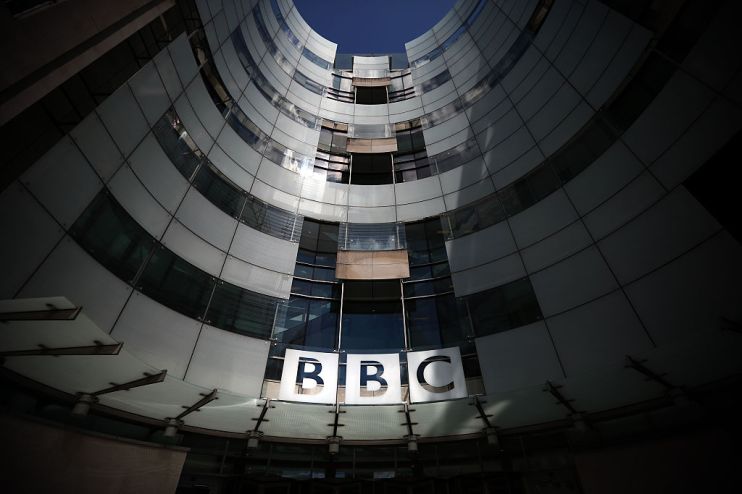Non-payment of TV licence set to be decriminalised and replaced with fines

Ministers are finalising plans to decriminalise non-payment of the TV licence and replace it with action by civil courts and bailiffs.
Under proposals set to be announced next month, the government will introduce legislation to bring TV licence non-payment under the scope of “civil debt”, much in the same way non-payment of utility bills is treated.
Though it will no longer be considered a criminal offence to avoid paying the TV licence, which costs £157.50 a year, the BBC will be able to collect fines using bailiffs and to take action against fee avoiders in county courts.
However, some have warned that decriminalisation plans could cause non-payment fees to hike.
A senior government official told the Times: “We have to be careful that what we replace the licence fee with isn’t worse than what we have.
“We’re talking about higher fines, using bailiffs and damaging people’s credit ratings. We need to tread carefully.”
The plans will be subject to further consultation and will need to be passed as a bill in Parliament before it is enshrined in law.
Almost 130,000 people in England were prosecuted for not having a licence in 2018, the most up-to-date figures show, but just five were jailed.
The maximum fine that can be currently handed out for failing to pay the TV licence is £1,000, plus court costs.
In its submission to the consultation, the BBC said that civil enforcement would allow items to be “sold by a bailiff”.
It added: “Action taken by bailiffs is by its very nature intrusive… TV Licensing does not use them to recover arrears.”
Moore change to come
It comes after former Daily Telegraph editor and serial BBC critic Lord Moore was over the weekend disclosed as the frontrunner in the race to become new BBC chairman.
Lord Moore, who served as Prime Minister Boris Johnson’s boss at the Telegraph, has long-argued for the abolition of the licence fee, and was fined £262 by a court in 2010 for refusing to pay it.
Earlier this year, Moore said the licence fee was “the greatest single wrong on which the BBC rests” and an “offence to freedom”
He previously compared the BBC’s public funding model to “compulsory tithes” for the Christian Church that forced people to pay for “a public religion whether they believed in it or not”.
Moore’s selection as the favourite in the race to replace David Clementi, who is due to step down as chair in February, has drawn ire from BBC veterans as imperilling the broadcaster’s independence.
Mark Damazer, a former Radio 4 controller and member of the BBC’s governing board, accused Number 10 of “undermining the recruitment process by giving such a firm steer”.